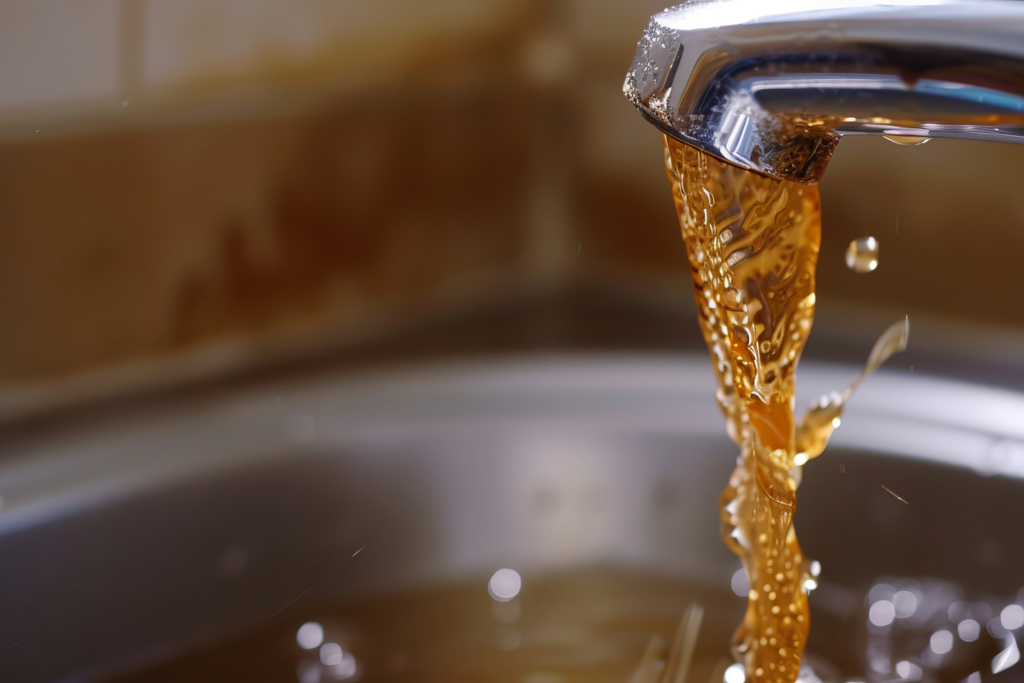Experiencing issues with your water heater and unsure of the next steps you should take? You’ve come to the right place. At Gahanna Plumbing & Drain, we understand the challenges homeowners face when dealing with water heater problems, particularly if it’s a first-time occurrence. You might be wondering what questions to ask, how to determine if your water heater requires repairs or replacement, and the reasons for a potential replacement. We are here to address all these concerns.
Our mission is to offer you a seamless, stress-free experience for all your home-related needs. So, let us address a frequently asked question: What is the average lifespan of a water heater?
What’s the Average Life of a Water Heater?
Typically, a water heater has an expected lifespan of around 8 years. However, with proper care, some units can exceed this average, functioning effectively for up to 10 years. If your water heater is approaching the ten-year mark, it is likely nearing the end of its lifecycle. Proactive maintenance and forward planning can help mitigate unexpected issues, ensuring a smooth operation.
What Factors Negatively Affect the Lifespan of a Water Heater
Several factors can influence the longevity of your water heater. Consider the following:
- Regular Usage: Your water consumption significantly impacts the lifespan of your water heater. While it is not a reason to limit water usage, it is important to keep it in mind.
- Preventative Maintenance: Scheduled check-ups and annual flushing can increase the longevity of your unit. Neglecting these tasks may accelerate wear and tear.
- Water Quality: Hard or soft water can affect your water heater. Minerals like calcium and magnesium can accumulate over time, impacting the system’s lifespan and efficiency.
- Installation Quality: Poor installation can lead to faster wear and tear, potential damage, and safety hazards for your household. This is why choosing the right company is so important!
- Equipment Quality: Opting for a lower quality brand for such a heavily used machine in your home compromises its lifespan. The materials used in these appliances significantly affect their functionality and endurance.
What Factors Should You Consider When Trying to Decide If It’s Time to Replace Your Water Heater?
Several signs can indicate that your water heater is nearing the end of its lifespan:

- Rusty Water – If the water from your faucet appears discolored or “rusty,” it could be a sign that replacement is imminent. The same applies if your water has a “metallic” scent or taste.
- Water Not Heating – A water heater that fails to meet your hot water needs may indicate sediment buildup or wear and tear, potentially necessitating replacement.
- Water Leakage – If water pools around your unit, it is crucial to have a professional assess the situation immediately. Depending on the source of the issue, replacement might be required.
- Water Heater’s Age – As previously mentioned, the age of a water heater significantly impacts the decision to replace it. Remember, if your unit is over ten years old, replacement should be considered.
- Frequent Repairs – Persistent issues requiring multiple consecutive repairs suggest that it may be more cost-effective to invest in a newer, more energy-efficient unit.
What Can You Do to Extend Your Water Heater’s Lifespan?
Since water heating accounts for approximately 18% of a household’s energy expenses, it is in your best interest to maintain your water heater in optimal condition. Regular maintenance can ensure your system operates efficiently and extends its lifespan.
- Flushing Your Water Heater: Sediment buildup can cause your system to overheat, leading to costly repairs and a shortened lifespan. Regular flushing prevents these issues and maintains efficiency.
- Avoiding High Water Temperatures: Setting your water heater to excessively high temperatures can accelerate wear and reduce its lifespan. Opt for moderate settings to ensure longevity.
- Preventing Exterior Rust Buildup: Rust on the exterior of your unit can reduce efficiency and decrease its life expectancy. Regular inspections and maintenance can prevent this.
- Staying Current with Annual Maintenance: Never skip your annual plumbing inspections, even if they seem unnecessary. Staying up to date ensures smooth operation. A licensed plumber can identify and resolve minor issues before they escalate into major problems. For comprehensive plumbing inspections, contact us to ensure your home’s plumbing is in top shape.

Monitoring the age of your water heater is a prudent practice to facilitate planning for its eventual replacement. Need assistance determining your water heater’s age or a free water heater estimate? Whatever your needs or inquiries may be, we are here to assist you.
Call Gahanna Plumbing & Drain for anything plumbing-related at (614) 245-2256, or schedule an appointment online now by clicking here!




